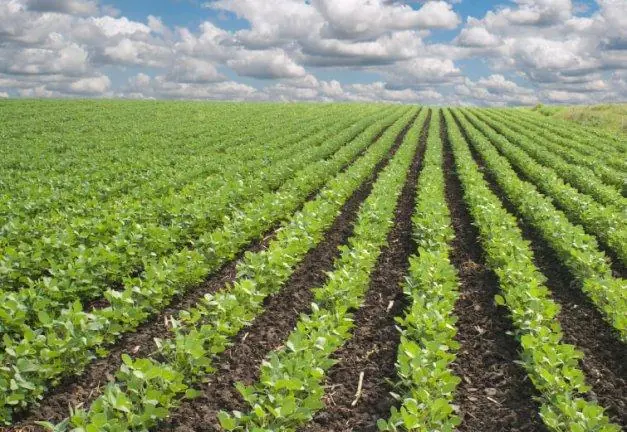Smart Agriculture: Why Tractors Alone Won’t Save Nigeria’s Farms

Despite decades of policy promises and its vast arable land, Nigeria’s agricultural sector still struggles with poor yields, aging farmers, and outdated tools a situation that continues to push the youth out of farming and into urban job hunts.
Although agriculture employs nearly 70% of the rural population, mechanisation remains low, with hoes and cutlasses still dominating fields. The result? Food insecurity, low productivity, and untapped export potential in a country with over 30 million hectares of fertile land.
In April, President Bola Tinubu launched a bold initiative: the distribution of 2,000 tractors nationwide. While the move sparked optimism, agricultural experts have stressed that machinery alone won’t transform Nigeria’s farming landscape unless paired with modern technologies that maximise efficiency.
Enter Sveaverken, a Swedish agricultural technology firm with over a century of innovation. The company is promoting smart farming solutions that go beyond the tractor offering intelligent GPS-based systems and data-driven tools that could help Nigeria unlock the full value of its farmland.
Sveaverken’s technologies have already proven successful in Ethiopia, which in 2022 became the first African country to deploy a nationwide GNSS-based infrastructure called EthioCORS. This system streams precise positioning data to farm machinery, reducing fertilizer waste by nearly 30% and improving yields by up to 22%.
In practical terms, Sveaverken’s smart systems enable Nigerian farmers to avoid overlapping while spraying or planting, apply the right amount of inputs at the right place, and operate tractors with real-time data, or even autonomously. For a country where fuel costs are high and skilled machine operators are scarce, this level of efficiency could be transformative.
Moreover, the GNSS-based tech supports variable-rate applications and satellite-guided spraying, helping prevent the misuse of fertilizers and pesticides a major issue among smallholder farmers.
As Nigeria deploys new tractors, pairing them with smart technologies like those from Sveaverken is seen as essential to avoid repeating past mistakes, where poorly maintained and inefficiently used machines failed to deliver long-term benefits.
More than just equipment, this transformation requires training, supportive policies, and a digital-first mindset among both young and older farmers. If well-implemented, this synergy between machinery and technology could see Nigerian farms operate with the precision of advanced economies, helping the country achieve food security and reclaim its place as an agricultural powerhouse.
The tractors are here. The tech is available. The future of Nigerian agriculture depends on how well the two are combined and whether farmers are empowered to use them.









